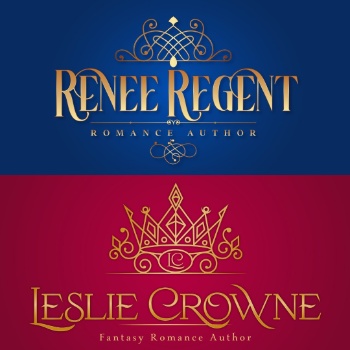Facebook Groups- Why Authors Need One
Saturday, June 10, 2017 | By: Renee Regent
If you have spent any time on Facebook lately, you may have noticed a proliferation of Groups. Groups on Facebook have evolved as a way for people with common interests to share information. They can be private and closed, or they can be open, but most require you to request admittance. Simply press the “+Join” button on the group’s page, and a member of the group will add you. (I have not heard about anyone being rejected and not added, so I’m not sure what happens in that case. If anyone knows, please share).
A Great Tool For Authors
Groups are a great tool for authors. If you don’t have your own group page just for your readers, set one up as soon as possible. It’s best if you can think of a catchy name that ties in to your books or your author brand, but if not, at least think of how it might look in a Facebook search. Mine is called, “Renee Regent’s Readers”, and I’d love for you to join us! Message me on Facebook and I’ll send an invite, or you can enter my name in the search bar, and it should come up. I’m showing this as an example, so authors can set up their group, and readers can find the authors they like. It’s a great way to interact with your followers or others interested in your books and to share news, ask for feedback, and do giveaways. I’ve already given away books and swag and plan to do much more in the future.
Why A Group Page?
But why have a reader group page when you have your Author page? The answer is visibility. When you post on your Author page, Facebook restricts how many people see it in their feed. They want you to boost your posts by paying for them. Unfortunately, even that doesn’t get maximum viewing, and several authors are saying they no longer use their pages as much as they used to since hardly anyone sees it. But in a group, all members get notifications when someone posts (it can be the author or administrator of the group, or a member). Thus they are more likely to be aware of posts when they occur, and you may have a higher rate of engagement.
How To Get Members To Join
Once you have set up your reader group, spread the word through all your social media channels, your newsletter, any place you have contacts. Some marketing groups, such as Love Kissed Author Promotions, will do a promotion for a minimal fee to help build your group. Ask other authors or join a few author groups and see what is working for them.
Group Etiquette
Facebook also has a way to add people to your group, by listing your friends next to an “Add” button, but don’t use that. It is considered rude to add someone to a group without asking first, so get their permission or invite them to ask to join your group. It’s a good idea to welcome new members when they join, and when you post, ask questions to get everyone to join in, or have members post their own pictures. Eye candy photos, pet photos, talk about favorite tropes, etc. You can be creative because it’s your group.
Keyword: Anything Goes
There are also many groups now focused on the business side of writing, especially marketing. You can ask questions to the group and get feedback, or simply share your own experiences. Some of the groups I’m in and monitor regularly are Love Kissed Author Promotions, Genre Crave Book Marketing, and Seasoned Romance. There are groups for every genre and subgenere, and every interest under the sun, really. Enter any keyword in the search bar and related groups will appear. It’s that easy.
So take advantage of Facebook groups now, while they are still free and unencumbered by ads. Oops! Did I say that out loud?
What Facebook Groups do you belong to?


0 Comments